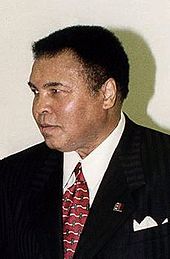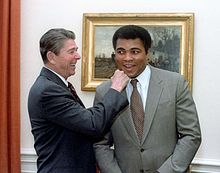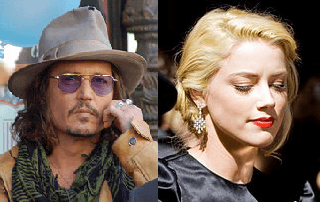Remembering Muhammad Ali: The Greatest Boxing Legend

Muhammad Ali (given the name Cassius Marcellus Clay Jr. at birth; January 17, 1942 – June 3, 2016) was a universally celebrated American heavyweight boxing champion, extensively considered to be one of the most noteworthy and distinguished sports personalities of the 20th century era. From the preliminary days of his career, Ali was ubiquitously regarded as an inspiring, contentious and a little polarizing figure both inside and outside the boxing ring. He cut himself a rare niche as one of the very few prominent sporting luminaries of the 2oth century who held strong opinions on sensitive extra-sporting matters such as governance, racial prejudice, and social justice.
Mr. Clay was born in Louisville, Kentucky, and started training when he was just 12 years old. At 22, he clinched the world heavyweight championship title from Sonny Liston in a globally televised upset in 1964. Shortly after the groundbreaking triumph, Clay became a Muslim, and accordingly altered his “slave” name to Ali, and issued a message of racial self-importance for African Americans – fueling the already growing countrywide opposition to white supremacy during the 1960s Civil Rights Movement spearheaded by notoriously indefatigable figures such Malcolm X and Martin Luther King, Jnr.
In 1966, two years after registering win that brought him the heavyweight title, Ali further provoked the white establishment by repudiating conscription into the U.S. military, quoting his religious doctrines and criticism to American participation in the Vietnam War. He was finally arrested, found culpable of draft avoidance charges and stripped of his prestigious boxing titles. He effectively appealed in the U.S. Supreme Court, which reversed his conviction in 1971. By that time, he had not fought for almost four years—forfeiting a precious period of naturally peak performance as a star athlete. Ali’s dealings as a conscientious objector to the war draft made him an enduring icon for the bigger counterculture age group.
Ali is presently the only three-time lineal world heavyweight champ; he clinched the title in 1964, 1974, and 1978. Between February 25, 1964, and September 19, 1964, Ali remained the yet unbeaten heavyweight boxing champion. Often nicknamed “The Greatest”, he participated in numerous historic boxing fixtures. The most extraordinary among these were the epoch-making “Fight of the Century”, the unforgettable “Super Fight II” and the melodiously rhyming “Thrilla in Manila” against his challenger Joe Frazier, the very first Liston duel, and globally remembered “The Rumble in the Jungle” against George Foreman. Ali gave up professional boxing in 1981.
At a highly conservative time when many popular fighters left their personal managers do the talking, Ali, thrilled multitudes during his major duels in which where he was frequently aggressive and quite outlandish at the same time. He was often quoted uttering provocative and belittling words against his forthcoming boxing opponents.
Ali’s unanticipated demise on the 3rd June 2016 elicited a long thread of heartfelt condolences that started from the White House and plaintively reverberated through countless millions of his fans to the celebrated heavy boxing circle itself. Despite his individual idiosyncrasies, Muhammad Ali has undeniably written history as one of the finest heavyweight boxers of all time. Due to his sharp assertions against racial bias, the belligerent legend will long be remembered as a foremost fighter for the rights of colored peoples.




